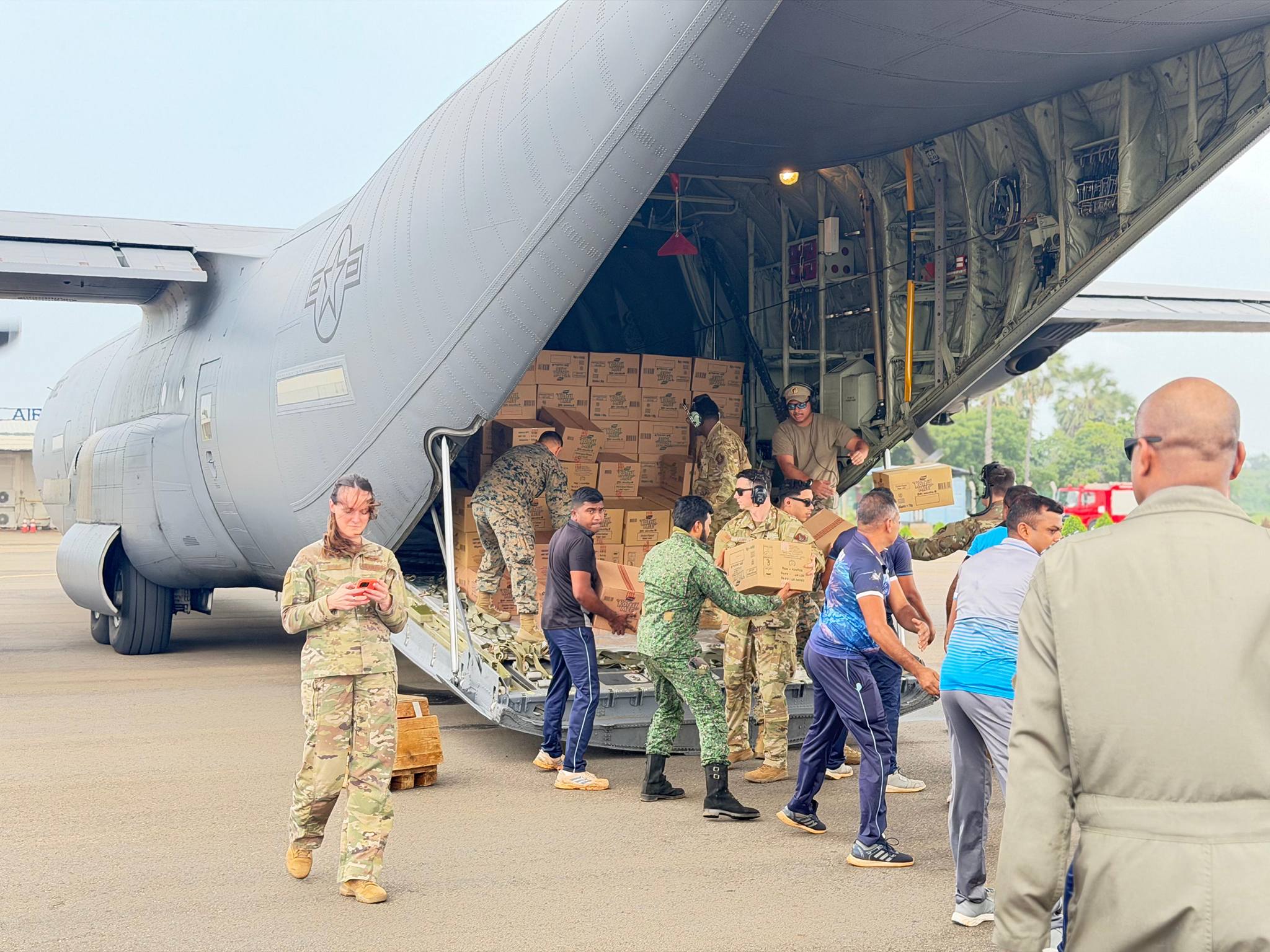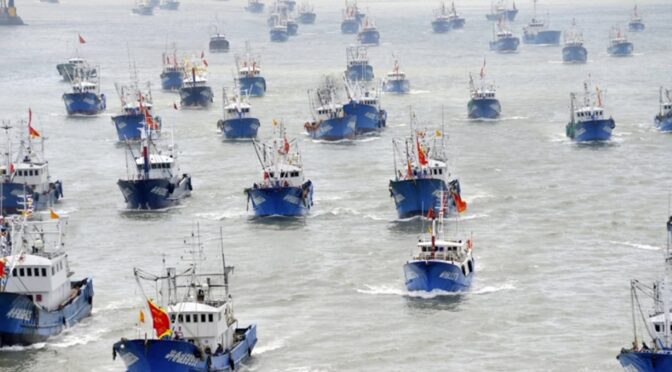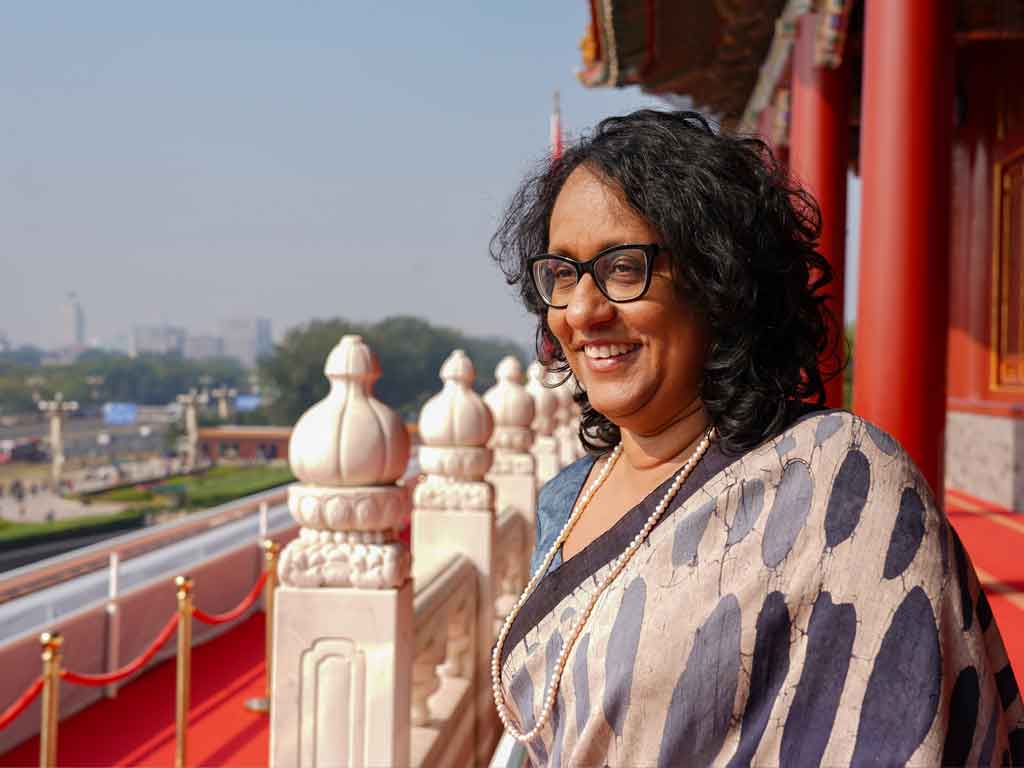Øivind Fuglerud is professor of social anthropology at the Museum of Cultural History, University of Oslo. His research interests include Diaspora formations, politics of cultural representation and aesthetics. He has published a number of works on the conflict in Sri Lanka and its consequences, including Life on the Outside – the Tamil Diaspora and Long-Distance Nationalism (Pluto Press 1999).
He has now written a book titled War and Peace in Sri Lanka: Consequences of a Norwegian Failure and provides an exclusive interview to CSST-Trincomalee on its contents.
Recently, you wrote and published a book in Norwegian titled “Krig og Fred på Sri Lanka: Følger av en norsk fiasco” (War and Peace in Sri Lanka. Consequences of a Norwegian failure). What was your main motivation for writing this book?
The main motivation behind the book was to remind the Norwegian public of Norway’s engagement in Sri Lanka and explain to them the Sri Lankan historical and political context for the Norwegian intervention. The Norwegian public has to be made aware that the Norwegian failure has had consequences in Sri Lanka that the country is still suffering from. I chose to publish in May 2019, on the ten-year mark, because it seems a natural time for summarizing, but also because Sri Lanka is now facing another presidential election that I predict will be another step in the wrong direction for the country.
What are the main arguments of the book?
My main argument is historical. It is that the main causes behind the ‘national problem’ in Sri Lanka are internal economic and social contradictions within both the Sinhala and the Eelam-Tamil societies that elites on both sides have tried to overcome by emphasising ethno-national unity vis-à-vis the ‘ethnic other.’ I argue that, in social terms, there are parallels between the JVP insurrections of 1971 and 1989 and the gradual displacement of the old parliamentarian political elite (Federal Party and ACTC) by the Tamil militant groups in the late 1970s and early 1980s. That being said, there are two major differences.
One is that the Sinhala colonial elite managed to supress the JVP insurrections and therefore remained in power, while the old Tamil political elite allowed itself to be side-lined by the militant youth, most of them from lower social strata under non-Vellala leadership. The other difference, which I emphasise strongly in the book, is that the Sinhala elite, as opposed to the Tamil nationalists, gradually from 1931, and fully in 1948, was given control over the state apparatus, and therefore came into a position where discriminatory politics could be, and was, implemented on a national level.
The link between the historical argument and the peace-process is that in my opinion the peace process represented the beginning of a new, intensified, and more violent historical phase where, with Mahinda Rajapaksa becoming president, the ‘gloves were off.’ However, we should not forget that the LTTE through its enforced boycott of the election was instrumental in helping Mahinda Rajapaksa come into power.
This dynamic, where nationalist forces on both sides of the Sinhala – Tamil divide have helped strengthen and radicalise each other, is an underlying theme in the book. In other words, in terms of argument, the book is not mainly an evaluation of the peace process as such. My aim has been to place the peace process within a longer historical trajectory and to say something about the historical consequences of the failure ten years after the end of the war.
How do you assess the Norwegian peace initiative in Sri Lanka now? In what ways could Norway have played the role differently than it did during the peace process?
In general, I agree with the evaluation that was commissioned by NORAD and that was published in 2011 under the name “Pawns of Peace”. Much can be said about this; it is a long story. The short version is that Norway as a facilitator was too weak and was not able to impose conditions that made the process healthy and made progress possible.
In my opinion Norway should not have accepted the organisation of the peace process as limited to two parties, even if that was what the LTTE and the GoSL both wanted. To anyone with basic knowledge of the social complexity of the island and the intricacies of Sri Lankan politics it should be obvious that a process that left so many actors out of the game could not bring a final peaceful solution. If this was an unconditional demand by the parties, Norway should have stayed away and given room for more robust actors. Along the same line, when things started to fall apart, Norway held on to their role too long, it would have been better to pull out.
Some Tamils accuse Norway of playing an international role of isolating the LTTE through the peace process before an overall military operation with global support was launched to eliminate the LTTE. They blame Norway as the good face of an ugly plan. How do you respond to this accusation?
I don’t even understand that argument. Isolated how? In the book, I make the opposite point. I hold that through the peace process, the LTTE was given access to and recognition by major international players such as the United States, the EU, Japan and the World Bank, which is almost unprecedented for organizations of the LTTE’s kind. What was the LTTE’s response? It was to kill Minister Lakshman Kadirgamar. I think that those behind the isolationist argument need to ask themselves if that is the way to conduct international politics and overcome political isolation.
In my opinion the LTTE wasted an historical opportunity by pulling out of the peace talks, in the same way that they wasted the opportunity of responding in a constructive manner to Chandrika’s initiative in 1994. I am surprised that there has not been more debate about these issues in Tamil political circles after 2009.
In your opinion, what obligation does Norway have to Sri Lanka, particularly to the Tamils in response to a failed peace initiative?
I do think that Norway has an obligation to engage with the situation in Sri Lanka, in particular with the situation of the Eelam-Tamil nation. The obligation, of course, is ethical, not legal. The Norwegian political establishment should take a hard look at its own failure and recognise that this failure has contributed to the miserable situation still prevailing in the North-East. This self-scrutiny has never taken place in Norway, at least not in public, which is one of the reasons I wrote this book.
What do you identify as the main obstacles for a political solution to the national conflict in Sri Lanka?
Well, this is something you need books to answer. The only response I can give as a social scientist is that I believe that Sri Lanka represents a particular entanglement of demographic, religious, and socio-economic contradictions established throughout history, and that this ravel is the main obstacle. I would like to add, though, that I am convinced that the present Sinhala religious-military hegemony is a problem not only for the Tamil and the Muslim communities, but also to many Sinhalese.
I believe that the only way to overcome the obstacles to a peaceful future for all is for progressive forces to seek common ground across the ethnic divides. We could see the potential of such a strategy in the 2015 elections, although I am the first to acknowledge that the people coming into power have failed miserably since.
How would the Easter Day suicide bombings affect the Sri Lankan political landscape?
Certainly not for good! I believe that most probably the Easter-bombings, the intelligence failures and the political mess related to the whole affair will strengthen non-progressive political actors in the coming presidential election.
How do you evaluate the transnational politics of the Tamil diaspora?
I find the performance of the Tamil diaspora after 2009 most disappointing. I think that in general their contribution to development in the North-East – both economic and political development – has been limited and divisive. Much more could be said about this, more than there is room for here. Let me just say that I regard the divide between the Tamil homeland and the Tamil diaspora as currently the most important social division internal to the Tamil society.
This divide has historical causes; in general, the migrants who moved out were better off than those who remained. There was a division in the Tamil community upheld by the LTTE between those who left and paid and those who remained and fought – and died. I find that one reflection of this social division since 2009 has been a limited understanding in the diaspora of the disappointment many people in the North-East feel about the behaviour of the LTTE during the last phase of the war.
How will you analyse the arguments of Pan-Tamil activism (Tamil homeland in Sri Lanka +Tamil diaspora +Tamil Nadu Tamils + other global Tamils) would make Tamils a power centre?
I am afraid I have no comment on this. I am simply not sufficiently familiar with the debate.
What role will the international community play in Sri Lanka?
This is a big question, partly because there is no the international community, not one international community. I tend to believe, although I am not certain, that the UN’s patience with respect to the fulfilment of Resolution 30/1 will at some point come to an end, at least after Gota has been elected president by the end of the year.
The consequences of this are difficult to foresee. One possibility is, of course, that this will further enhance China’s influence. I am, as you may understand, not particularly optimistic with respect to the future, I believe Sri Lanka is moving in an authoritarian direction, in the direction of what Dayan Jayatilleka, of all people, have called a ‘barracks and temple model of politics; a fanatical Sinhala-Buddhist military rule’ (Daily Mirror 18/07/2018).
Many Tamil political activists are pressing on the genocide aspect. Their belief is that the situation will be favourable for them at least in a few decades, if not now. What are your observations on this?
It seems to me there are several questions here. Concerning the genocide issue, I find that the resolution passed by the NPC in 2015 stating that there has been an ongoing genocide since independence, is mainly a way of denying any kind of responsibility on the part of Tamil political actors for the tragedy unfolding since independence.
In my opinion this is neither correct nor constructive, you need a very weak historical understanding to uphold that position. One can say many things about the LTTE, but they were not passive victims. I also believe that this whitewashing of Tamil nationalism and militancy does in fact not reflect the general opinion among Tamils.
Speaking of the last phase of the war in particular, I believe that whether or not these events amount to genocide should be decided in an international court, or a court with international participation as the 30/1 recommends. The diaspora can of course demonstrate all they want, but if there is a wish to bring the question from political slogans to legal responsibility the main thing is to establish a legal setting and procedures where a genuine investigation of what has happened can take place.
My hope is that this may happen if and when the patience of the UN runs out. In general, I do not think that the strategy pursued by many Tamil political activists is helpful in bringing this about. To mention only one example, on the website of the Transnational Government of Tamil Eelam you will find lots of material from the different UN reports on war crimes committed by the GoSL, but you will not find one single word from the same reports describing the actions of the LTTE. Personally, I think such efforts of historical editing are counterproductive.
Lastly, the belief that the situation will be favourable to Tamils in a few decades from now, sounds to me like a typical diaspora argument. The Tamil diaspora in their safe havens, and with limited concern for the people left behind, have time to wait. If they and their children need to wait for two or three decades before they can really enjoy their vacations in Jaffna is not that important.
I am not convinced that the people actually living in the North-East have as much time. Against the backdrop of my general pessimism, I believe that we will see rapid changes in the North-East in the near future. These changes will not be favourable to the Eelam-Tamil nation, that is to the people living there.




